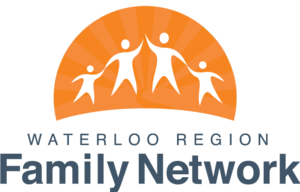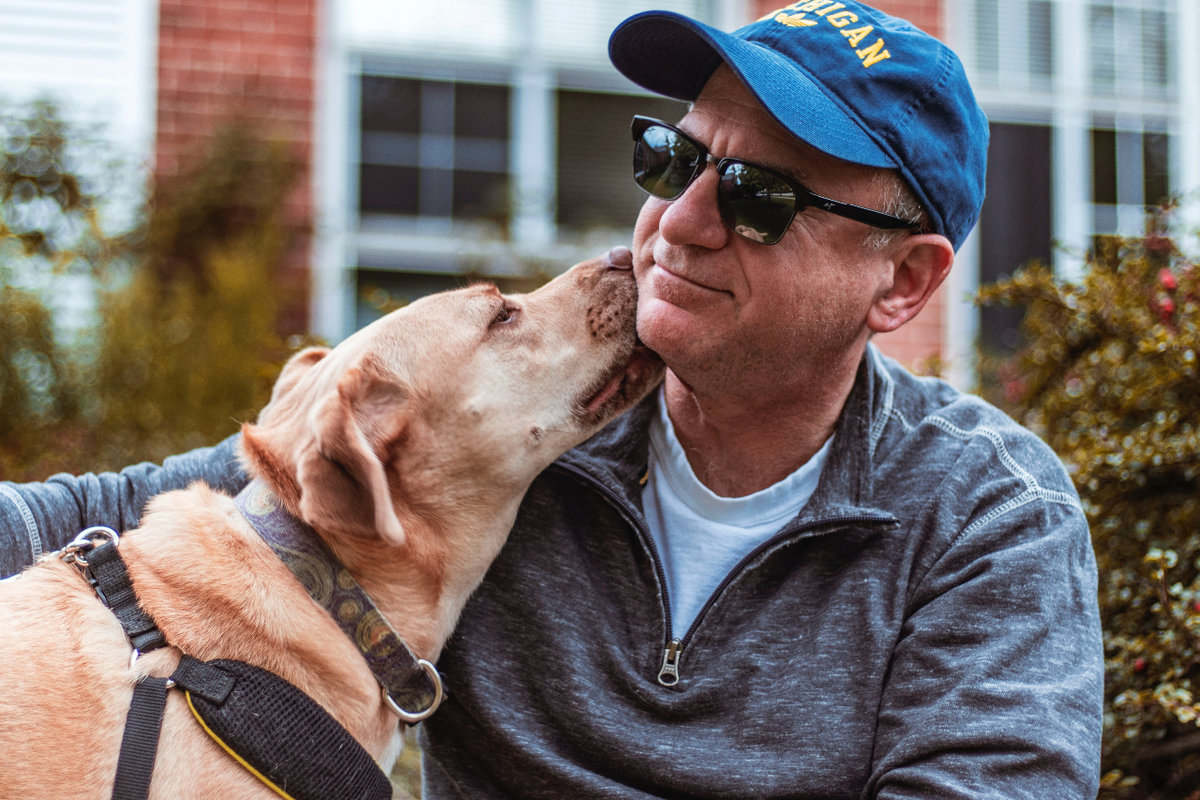
We collect basic website visitor information on this website and store it in cookies. We also utilize Google Analytics to track page view information to assist us in improving our website.

It’s so important that parents and caregivers of loved ones with an exceptionality prioritize their own mental and physical health. Many studies have shown stress levels in parents of children with a disability are much higher than other parents. And parents with children with exceptionalities are more likely to be diagnosed with a mental health condition.
Being a parent of any child can come with a wide range of stresses and emotions. For those caring for a child with an exceptionality, those fears are compounded by a world that isn’t always accepting, inclusive and supportive of their child’s differences. This can require parents of children with exceptionalities needing to wear many hats, often at the same time, for an extended period. This can lead to extreme burnout.
There are, however, small things all of us can do to address our mental health in the moment, to try and mitigate the impact of burnout or even prevent it from happening.

Do you have a support network? If so, what does it look like, and who is in it? Not all support is created equal, and not all support can encompass all your needs.
If you’re not sure where to start, WRFN has a couple great options for parents and caregivers looking for a place to connect with others. First, there is A New Chapter (ANC). ANC is a peer-led group for parents and caregivers interested in preparing for the future of their youth/adult family member with a lifelong disability. We also offer a School Issues Support Group (runs from September to June) which also is a peer-led parent support group. This is a great opportunity to share questions, concerns and successful tips in a safe environment while learning from others.
There are also so many support groups in Waterloo Region who focus on very specific types of support. Here are just a few:

In June, WRFN’s A New Chapter group had the pleasure of listening to a presentation from Jessie-Lynn MacDonald. Jessie-Lynn is a life coach who specializes in solution-focused and empowerment coaching. She joined ANC to give a presentation on self-care, called “Self Care: Beyond the Bubble Bath.”
Self-care is often packaged and sold to us as products that can help us reduce stress. And while there certainly are items that help us relax, Jessie-Lynn’s presentation was a reminder that self-care is so much more than a product that is marketed to us, like a bubble bath.
Jessie-Lynn shared many well-being check-ins we can use to help reduce our stress in the moment. Here are just a few that stood out:

What does it mean to take care of yourself? This is the advice we often get when we seek out mental health help. But it’s one of those things that can be easier said than done. However, there is a reason it’s so important, and why it’s repeated time after time. As the saying goes, ‘you cannot pour from an empty cup’. It is much more difficult to care for others when you are not feeling strong yourself.
Of course, strength is relative and can mean something different for each person. What is strength to you? Is it physical, mental, or both? If you’re not one who enjoys the gym, are you eating nutritious food to keep your body fueled? How are you feeling mentally? Are you prioritizing your own interests and desires?
Whenever you can, getting a good night’s sleep, drinking water, incorporating movement into your daily activities, and eating a balanced diet are all things you can do to build your physical strength. Energy is strength. But happiness and balance are strengths, too! So, try to find time for a purely pleasurable activity. What do you love? Whatever it is, do that…and do it with joy.

It can be difficult for busy parents to treat burnout once it’s happened. It requires a lot of time, and commitment to rest. But we can take small steps before we get to the point of burnout. And it’s incredibly important that we do. We hear the lifejacket and the empty cup metaphor all the time – but there’s a reason that we do. We cannot begin to assist others before we have taken care of ourselves. Yes, parents and caregivers with children with exceptionalities are superheroes – selflessly putting their children first and continuing support even when they get tired. But we have 29 (and counting) Marvel movies that prove one important thing…sometimes even superheroes need back up.